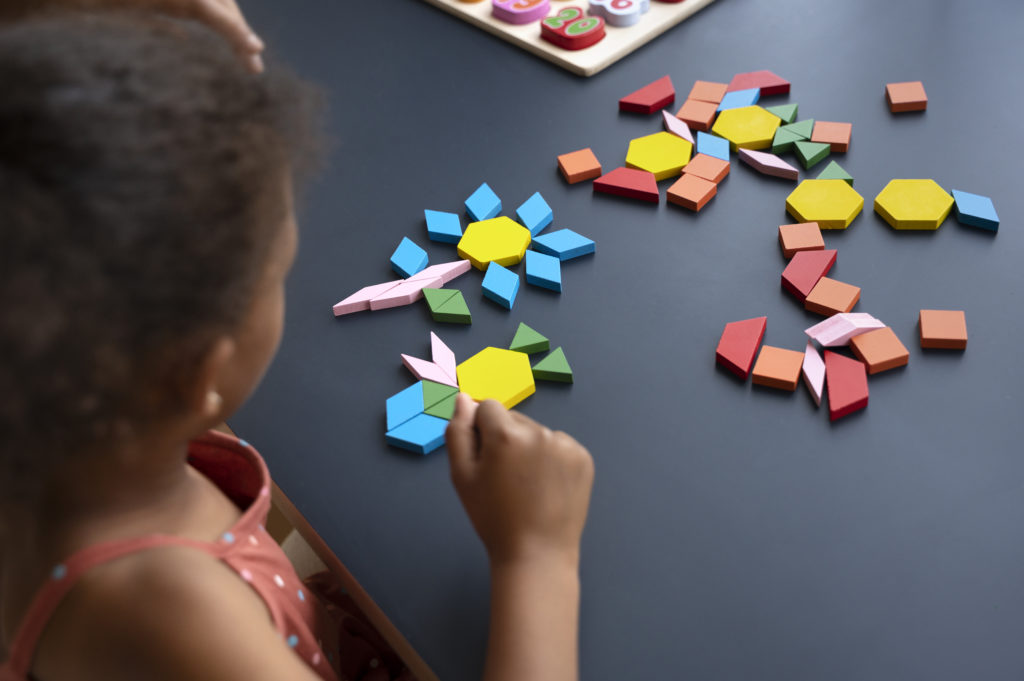When we think of mathematics, we often imagine abstract calculations, algebra and formulas detached from everyday life preoccupations. Yet, mathematics can be a powerful tool to prepare pupils to become engaged, critical, and responsible citizens.
By connecting mathematical thinking to real-world contexts and societal challenges, teachers can foster not only numeracy but also the skills needed for civic participation: critical thinking, problem-solving, and ethical reasoning.
From numbers to citizenship
Research shows that mathematical literacy is essential for navigating modern society1. Whether interpreting climate data, understanding economic policies, or critically reading statistics in the media, future citizens need to go beyond calculation, they must evaluate the reliability of data, recognise bias, and make informed decisions.
This is where critical mathematics education comes in. It encourages learners to make meaning from the data and numbers: Who collected this data? Why? What does it tell? Such questioning builds the capacity to resist misinformation and to become confident in using mathematics in real-life applications.
Ethnomathematics: valuing all voices
Ethnomathematics invites us to recognise that mathematics is not culturally neutral. It is embedded in diverse traditions, whether in Indigenous counting systems, architectural patterns, or agricultural measurement techniques.
For primary school learners, exploring mathematical ideas from multiple cultures can promote diversity and a sense of belonging. It also states that mathematics is for everyone and from everyone. An inclusive approach that echoes the European priority of valuing cultural and linguistic diversity in education.

Mathematics for social justice
Mathematics for social justice connects classroom activities with concrete societal issues. For example:
- Calculating the carbon footprint of different school activities
- Analysing local housing statistics to discuss access to affordable housing
- Using proportions and graphs to examine global inequalities in education or health
These workshops do more than teach skills, they invite pupils to take a stance, propose solutions, and imagine fairer futures. In this sense, math lessons become a training ground for civic participation.
Enigmathico and civic engagement
The Enigmathico project embraces this vision by embedding mathematics into story-driven adventures and real-world themes such as climate change, mental health, and cybersecurity.
In our enigma interactive novels, pupils are detectives solving mysteries where mathematical puzzles are tied to real world dilemmas or societal challenges. For example, learners will develop estimation and measurement skills by calculating oil spill through a story about a turtle’s journey.
Because these scenarios are narrative-based, they appeal to both cognitive and emotional engagement, helping pupils see why mathematics matters in real life. By making space for exchanges, collaboration, and critical questioning, these activities integrate citizenship education directly into the mathematics curriculum.
Mathematics as a civic language
Mathematics is more than numbers, it is a language for understanding and shaping the world. When we link math learning to real-world challenges, cultural perspectives, and critical thinking, we give pupils the tools to become active, informed, and empathetic citizens.
Projects like Enigmathico show that citizenship education does not have to be a separate lesson, it can be taught through a cross-curricular lens. By doing so, we prepare our pupils not only to solve equations, but also to solve the problems that matter most in their communities and beyond.
References
« Critical Mathematical Thinking Skills Create More Engaged Citizens » , UNSW Sites, s. d. https://www.unsw.edu.au/newsroom/news/2023/11/critical-mathematical-thinking-skills-create-more-engaged-citize.
Geiger, V., I. Gal, et M. Graven, « The Connections between Citizenship Education and Mathematics Education » , ZDM, Vol. 55, No 5, septembre 7, 2023, p. 923‑940.
Boss, S., « How Math and English Teachers Encourage Civic Engagement » , Edutopia, août 30, 2021. https://www.edutopia.org/article/how-math-and-english-teachers-encourage-civic-engagement/.
https://www.radicalmath.org/math-social-justice
- Geiger, V., I. Gal, et M. Graven, « The Connections between Citizenship Education and Mathematics Education » , ZDM, Vol. 55, No 5, septembre 7, 2023, p. 923‑940. ↩︎

